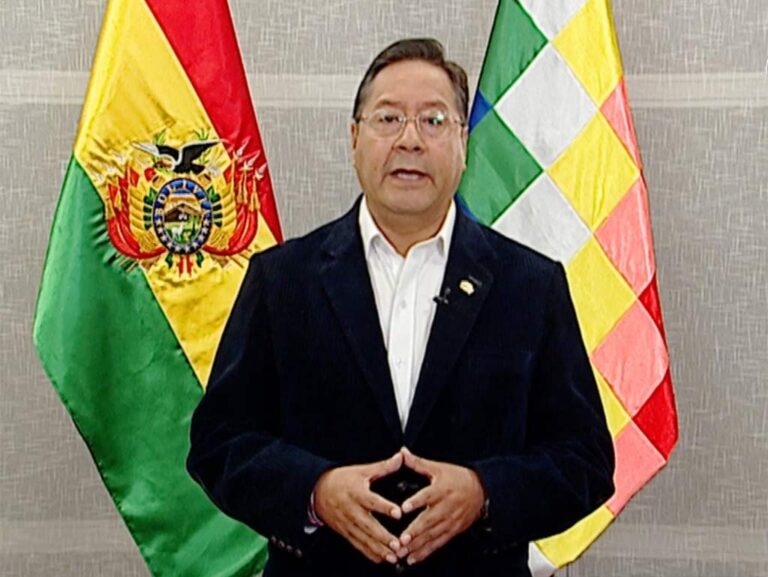“We are experiencing the structural change that we longed for, towards a productive and industrialized Bolivia; we are investing more than 25 billion bolivianos (three billion dollars) in various industrial plants at a national level”, the dignitary said.
Arce stated that these works seek to take advantage of the productive capacities and potential of each region, and described as “good” the path that Bolivia is taking towards its bicentennial in 2025.
The president also stressed that the agricultural productive apparatus is being strengthened with a view to industrializing it, for which 10 national programs were established with a budget of 2,5 billion bolivianos (around 357 million dollars). The project covers the production of vegetables, livestock, pineapple, bananas, plantain, cotton, beekeeping, grains, tubers and roots, urban and peri-urban agriculture, fishing and sustainable aquaculture, with more than 141 thousand producer families as beneficiaries.
More than 8,240 million bolivianos (nearly 1,177 million dollars) were also allocated to the provision of drinking water for families and also irrigation projects to counteract the negative impacts of the water crisis. “We take care of our environment and we want our new Bolivia to be sustainable, and for us to sovereignly decide on our natural resources,” Arce said.
He explained that intervention is being made in various sectors through the policy of industrialization with import substitution, with priority in agriculture to give added value to the production of potatoes, cereals, fruits, vegetables, dairy products, meat, bioinputs and fertilizers, among others.
Regarding the heavy and chemical industries, he mentioned the advances made in iron, biofuels, lithium, drug production and the expansion into basic chemistry.
“I feel a healthy patriotic pride in communicating all these great advances to the population, dreams that are coming true,” the president said.
jrr/llp/jf/jpm









